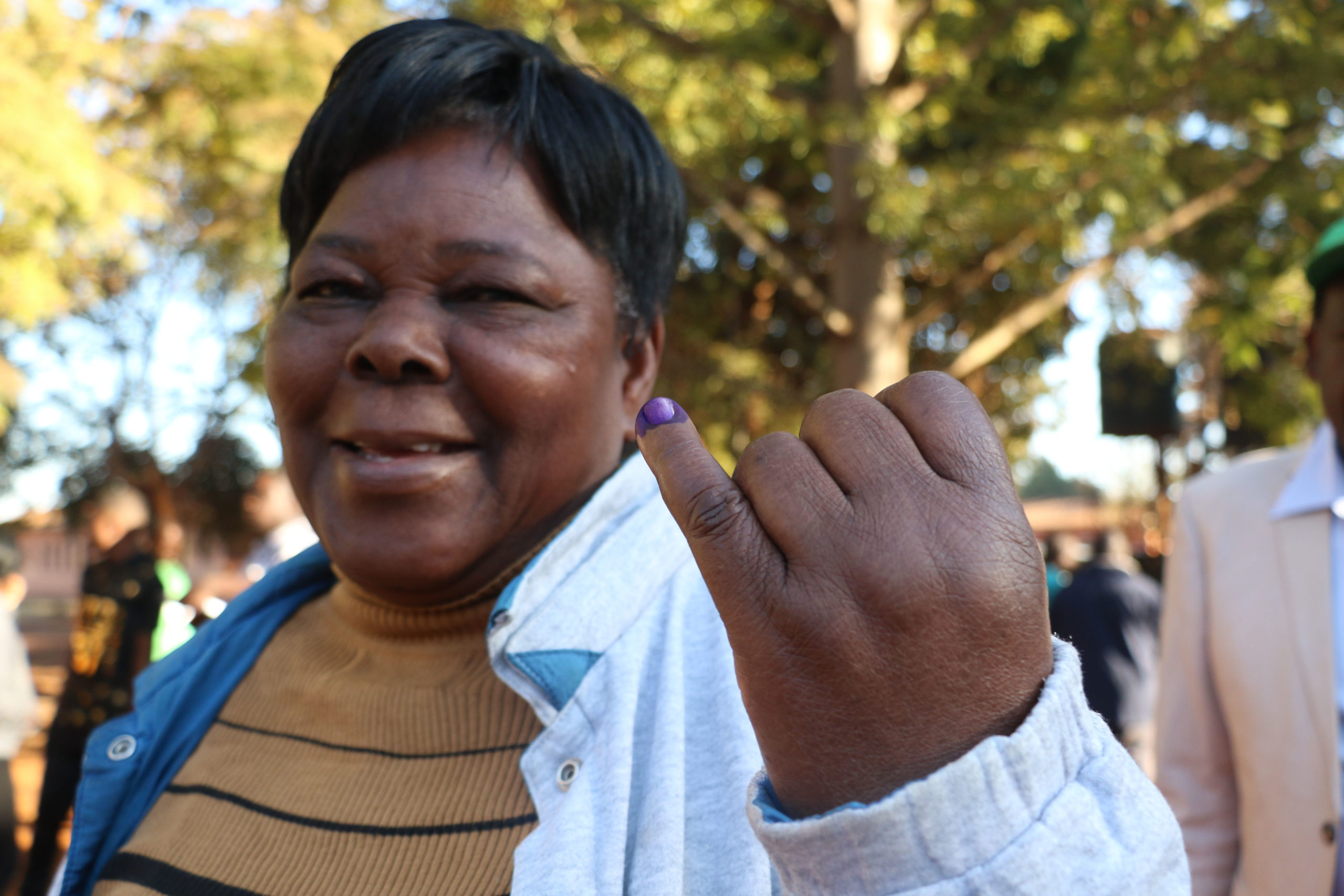Kenyans seem to be an angry lot. This is true if we consider the suspicions, distrust and cynicism with which government’s pronouncements on COVID-19 have been met. What began as a public health emergency has morphed into a trust crisis. Granted, a modest dose of citizenry suspicion is deemed necessary for a healthy democracy. Trust is critical for good governance. What would make citizens overly distrustful of their government in the middle of a pandemic that has disrupted their lives?
Trust in governments waning
The Oxford dictionary defines trust as the belief that somebody or something is good, sincere and honest. Political scientists seem to suggest that trust is largely about holding a positive perception about the actions of an individual or an organisation. Perceptions are highly subjective hence some governance scholars equate citizen’s trust in government as a ‘confidence of citizens in the actions of a government to do what is right and perceived fair.’ It follows that despite the subjective nature of trust there are some basic elements that helps citizens evaluate the perceived trustworthiness of a government’s actions. These elements include openness, accountability, responsiveness, reliability, competence, communication, fairness, ethical behaviour and predictability to mention just but a few.
Our evaluation of the government’s actions has been influenced by our lived experiences of government services, the government’s own communication and media reports. COVID-19 has exposed our inadequacies as a country and reminded us of other government transgressions shrouded in opaqueness involving but not limited to: the medical equipment supplies (MES) project and the school laptop projects. Isn’t it astonishing that the whole country had less than 500 ICU beds pre-COVID-19 yet the MES project sought to equip 2 hospitals in each County and 4 National Referral hospitals with outsourced specialised state-of-the-art medical equipment? What exactly informed the choice of equipment to be purchased? Whose priorities were taken into consideration if County governments are up in arms over the project? What was the cost of these contracts? Did County citizens participate and articulate health priorities in their budget hearings that informed and culminated in the decisions on the MES project? If, so, where can citizens access the relevant documents for scrutiny?

Accountability lacking in government projects
Schools have moved their pedagogy online leaving out a large population of students with no access to a computer. But didn’t we as a country invest in schools laptop project? Didn’t we invest in last mile electricity connectivity to ensure that all public primary and secondary schools have access to power and can participate in digital learning? Would anyone blame citizen’s skepticism when such mega-projects can’t deliver the desired access and benefits at a time such as now? How can such projects not be deemed to have failed with zero accountability?
It is such wastage, inefficient service delivery and lack of accountability that sows citizens’ distrust and disconnection from the government. But this shouldn’t be the case. Kenya is a member of the Open Government Partnership (OGP) multi-lateral initiative that promotes accountable, responsive and inclusive governance. Our national values and principles in the Constitution (2010) require good governance, integrity, transparency and accountability.
An open and transparent government goes a long way in enhancing citizens’ trust in it.
In its 2017 report- Trust and Public Policy: How Better Governance Can Help Rebuild Public Trust, the Organisation for Economic Co-operation and Development (OECD), an international organisation that works to build better policies for better lives, states that the relationship between trust in public institutions and open government policies goes two ways. First, as a foundation for government legitimacy, trust is an essential ingredient for open and inclusive policy making, given that a wide range of government actions depends on public involvement and buy-in. Conversely, open government practices seek in part to increase levels of public satisfaction with government services, strengthen accountability, and enhance understanding of government processes and results; as such, they play a critical role in helping increase citizen trust.
Openness in the use of public funds
The COVID-19 pandemic presents the government an opportunity to address the trust deficit among its citizens. Firstly, the government should expedite the appointment of an Auditor-General to provide the required oversight on the government’s expenditure. Secondly, the government needs to open the COVID-19 budget and expenditure for public scrutiny. All resources and monies raised in the COVID-19 war should be easily accessible to citizens. Such an open budget will empower the citizens to follow the money and hold responsible institutions and officers accountable. Thirdly, there’s need for transparency for COVID-19 procurements made thus far. The Ministry of Health should disclose all these procurements and donations as open and actionable data. It will thus be easy for citizens to track the distribution of items such as sanitizers, masks and personal protective equipment (PPEs) to various health institutions across the country.
Fourthly, the actual number of available and needed healthcare workers has been inconsistent. The national government and county governments have provided varying figures that have had an impact in the recruitment of healthcare workers to fight the pandemic. This is an opportunity to clean up the data and make it open for us to scrutinize the actual expenditures on healthcare workers. Finally, there’s a dearth of information on the data used to inform the COVID-19 targeted testing interventions. While the numbers of infections keep rising, the government’s efforts at mass testing are sporadic hence fuelling deep suspicions on such efforts hence affecting containment strategies. The government can reverse this distrust by being more forthcoming on the testing process and the planned clinical trials for COVID-19 vaccine.
The success in the fight against COVID-19 requires openness from the government. It requires proof of efficient service delivery, oversight and accountability of responsible institutions. This is what has made the South Korean government successful in its fight against COVID-19 hence building citizen’s confidence and trust in it.
We too can succeed if we focus on the open government approaches. Transparency and accountability are key drivers of good governance and positively influence citizen’s trust. Enabling COVID-19 information open and easily accessible will go a long way in fostering positive perceptions of accountability leading to greater acceptance of decisions, better compliance with set regulations and a more cooperative populace.




